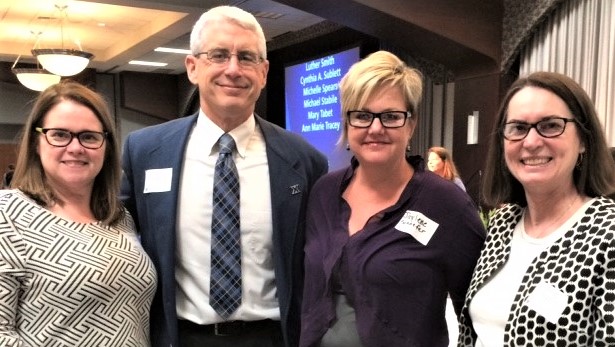About the Social Work Program

More than 40 Years as an Accredited BSW Program
As one of the oldest bachelor degree-level programs in the nation, the Department of Social Work offers the Bachelor of Social Work (BSW) degree.
- Social work students primarily complete their university core requirements during their first two years. Some core courses are specifically required for the social work major such as certain biology, psychology, sociology and statistics courses.
- Many required social work courses for the major are upper-level courses taken during the junior and senior years. Social work students invest over 53 credit hours in required coursework, including 6 of field instruction, plus 9 credits of social work electives.
- During both semesters in senior year, students are engaged 14 hours per week in a supervised field placement. The department Field Director guides students through an extensive matching process during spring semester of the junior year to choose their placement site. As the signature pedagogy of BSW programs, field placement and field education serve as the central vehicle through which students integrate the classroom curriculum with supervised practice experiences and real client systems and are socialized to the profession.
- In many states, one of which is Ohio, students graduating with a BSW can take the licensure exam in spring of their senior year to prepare for employment opportunities. Licensure requirements vary by state.
- Social workers who have graduated from an accredited BSW program like Xavier's may be eligible for advanced standing admission to many graduate-level programs. Through advanced standing, social work students may complete their graduate degree in only one year.
Social work students learn with expert faculty whose areas of expertise and/or scholarship include gender and diversity studies, generalist practice, child abuse, eating disorders, addictions, cultural competence, domestic and sexual abuse, ethics, gerontology and spirituality.